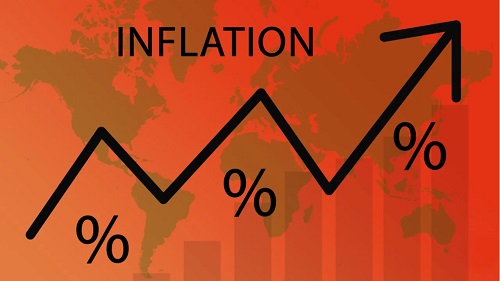This post has already been read 1920 times!
According to the National Bureau of Statistics, Nigeria’s headline inflation rate rose to 28.92% in December 2023, up from 28.20% in November 2023. This marks the twelfth consecutive month of increased inflation in the country. Compared to November, the December inflation rate increased by 0.72 percentage points.
On a year-on-year basis, the headline inflation rate in December 2023 was 7.58% higher than the rate recorded in December 2022, which was 21.34%. This indicates a significant increase in inflation compared to the previous year.
Additionally, on a month-on-month basis, the headline inflation rate in December 2023 was 2.29%, which is 0.20% higher than the rate recorded in November 2023 (2.09%). This suggests that the rate of price increase in December was higher than in the previous month.
These figures show that Nigeria is experiencing a persistent upward trend in inflation, which could have negative consequences for the country’s economy. High inflation erodes purchasing power, making it more difficult for consumers to afford essential goods and services. It can also lead to higher production costs for businesses, reducing profitability and potentially leading to job losses.
Policymakers will need to address the underlying factors driving inflation in order to stabilize prices and promote economic stability. This may involve measures such as tightening monetary policy, addressing supply chain disruptions, and promoting fiscal discipline.



